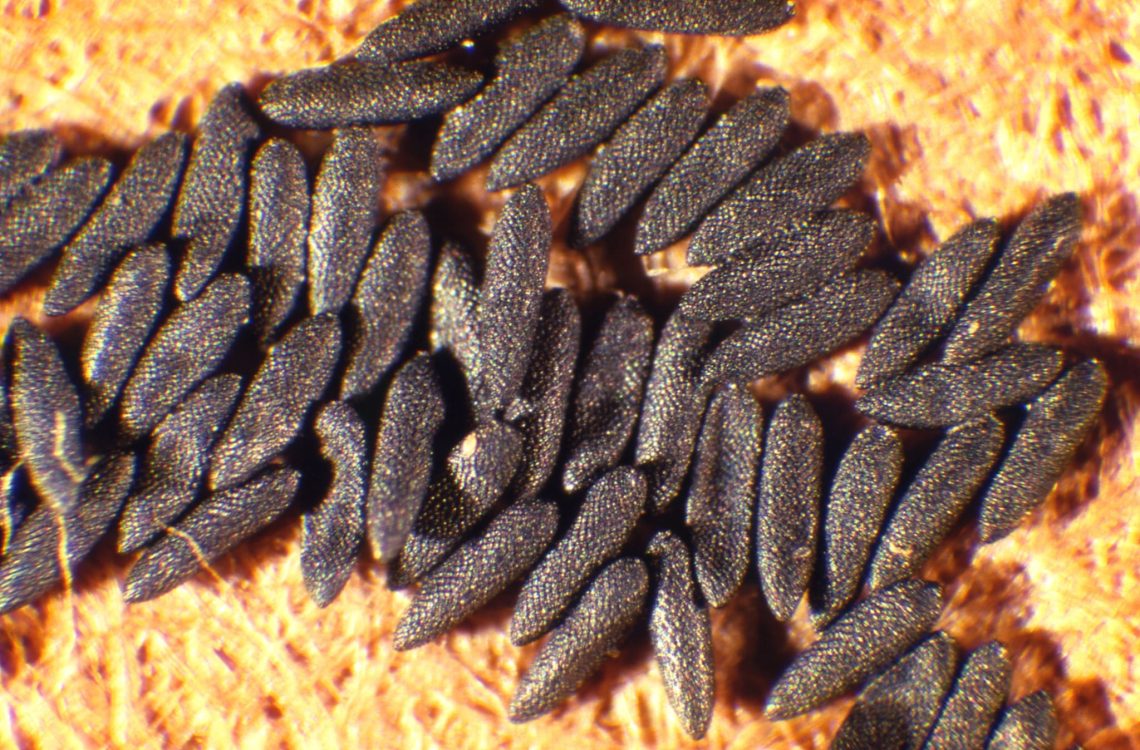Tag
avian flu
-
Why context and risk assessment are vital in disease outbreak coverage
Multiple outbreaks and unusual cases of infectious disease are in the news right now. That means it’s more crucial than…

-
•
Journalists discuss reporting from the heart of a pandemic
Recently, New York Times health and science reporter Donald McNeil joined the National Journal‘s Maggie Fox, the Nieman Foundation’s Stefanie…

-
•
Resources for journalists covering flu
AHCJ member Stefanie Friedhoff has led a Nieman Foundation effort to bring together as much pandemic flu material as possible…

-
•
Avian flu still a danger, CDC official tells fellows
This is a guest post from Marshall Allen of the Las Vegas Sun. Allen is among the first class of…


